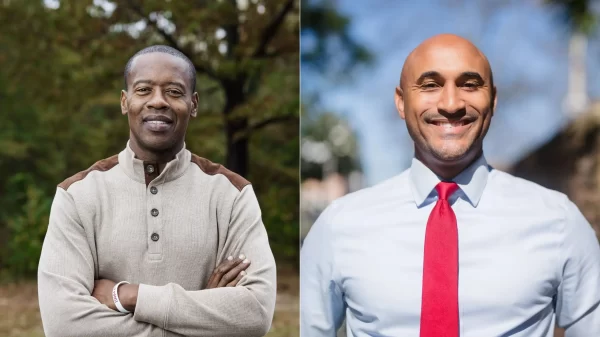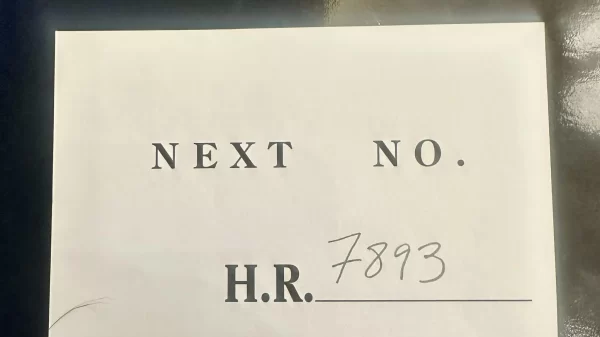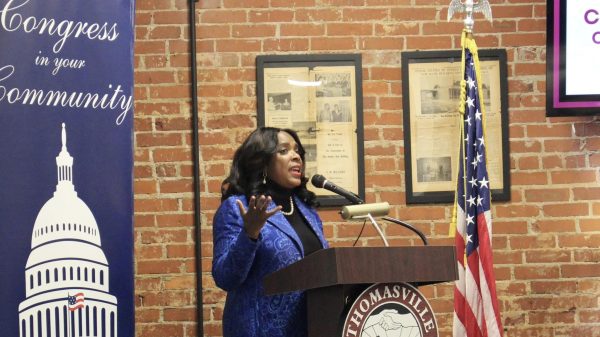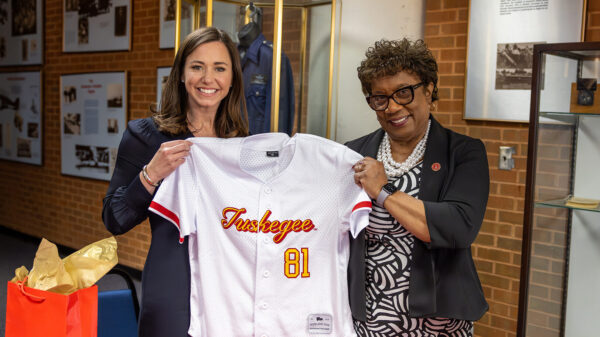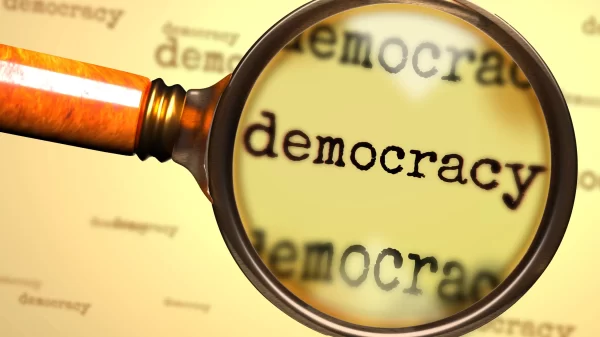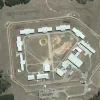By Bill Britt
Alabama Political Reporter
MONTGOMERY—Recently, the Alabama Political Reporter sat down with Dr. David Bronner, the long-serving head of RSA. “One of the stories I like to tell was an old Birmingham News story that asked, ‘What if we treated Alabama’s football team like we do everything else,’” recalled Bronner. “First of all, Coach Saban wouldn’t be there. Second of all, you would have no practice facility. Third of all, you’d have old equipment. Fourth of all, there’s no way with all that we’d be number one.”
Bronner says if you can’t run championship football without proper funding, how can a State operate properly when underfunded. “Okay, so I’m going to give you the least amount of money to run a mental health program, the least amount of money per head in the country to run a prison system, what do you expect?” said Bronner.
Under funded prisons and mental health programs have been a systemic problem facing the State for decades. These are the same issues confronting the State when Bronner first arrived at the RSA over 40 years ago.
“If you think about the irony of it, it’s incredible, because in the late sixties and ’71, maybe ’72, George Wallace needed money because the prison system was falling apart, and the mental health system was falling apart. And here we are a mere forty-five years later, and what are we talking about?” Bronner said. This has been a solution Bronner has offered for decades, that has mostly fallen on deaf ears.
“What are the two things that should be done to improve Alabama right now? One: have a reasonable property tax for education. The second thing is to have a lottery, said Bronner. He says the bill as currently proposed by Sen. Jim McClendon, (R-Springville) is the right way to pass a lottery.
“The way it was passed in other states was to offer a blank sheet, and that is, either you want it or you don’t want it, and fight about the details later,” Bronner said. “The only place that ever put the details out was Alabama. And it was the only place it was turned down.”
Bronner said he didn’t review Sen. Del Marsh’s omnibus gaming bill, but he has seen similar proposals.
“I always thought you should do something [with gaming] that made sense so you could get the revenue off it,” he said. He also added he felt strongly that one person or gaming business shouldn’t be singled out while others are allowed to operate. “I’ve always thought it was absurd that you’d treat one group different from the other in the state. It’s absurd that you’d close down [Milton] McGregor. I mean, if you get him on something, wrong have at it. But you shouldn’t close down a business over here and let another one five miles away do the same thing. I mean, that makes no sense to me at all.” He also feels the same about the casinos operated by the Poarch Band of Creek Indians (PCI) who operate under federal statue. “They put in a lot of money and employ a lot of people. But, on the other hand, you really shouldn’t allow them to do something somebody else can’t do,” said Bronner. “Doesn’t make any sense to me.”
According to the Indian Gaming Regulatory Act, PCI cannot offer any games of chance that are not legal in the State.
These ideas on how to move Alabama forward are not new suggestions by Bronner, but it seems, the rest of the State may finally be catching up with him.



